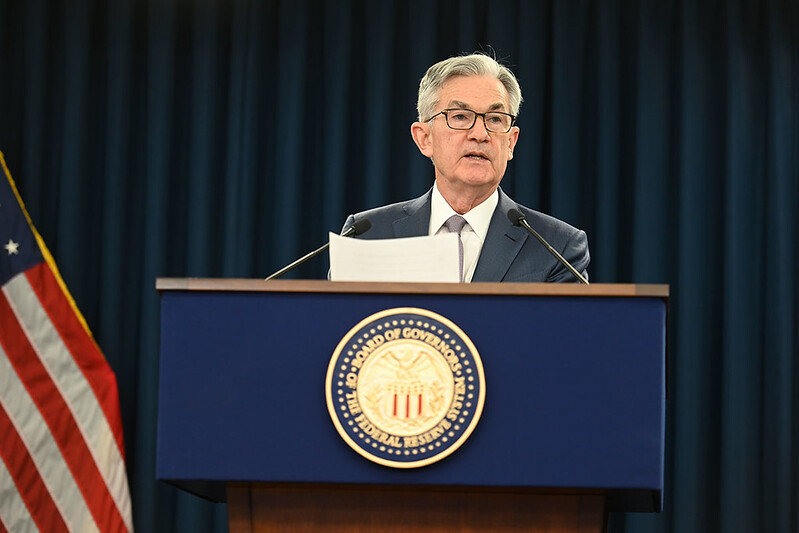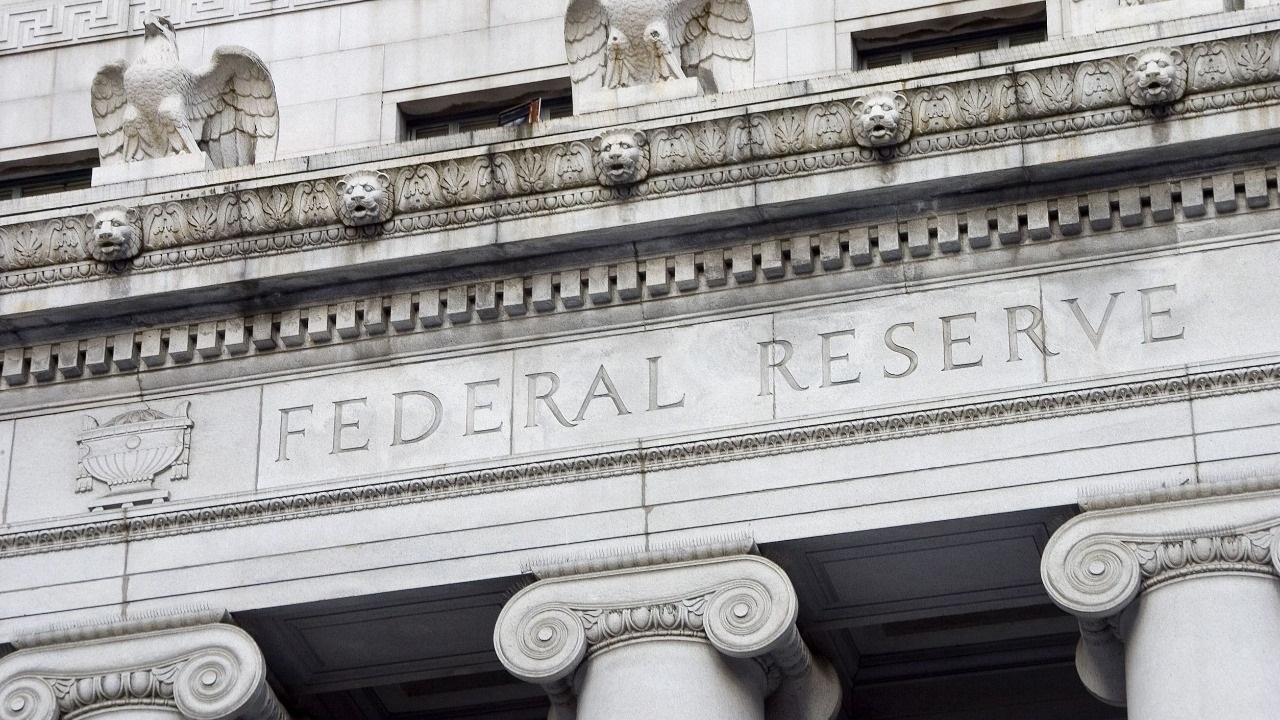
Fear as well as potential silver linings abound in 2024
___
Published Date 2/26/2024
The “r” word is still being bandied about despite the Federal Reserve having attempted to slow the U.S. economy down by raising interest rates. Still, that crystal ball has some heavy cloud cover when it comes to predicting or anticipating what’s to come for the residential real estate market.
Realtor.com’s Clare Trapasso says that while the Fed’s rate increases brought the real estate market to a near halt, it’s looking more likely that the Fed might avoid another recession. So that’s good, right? “That depends,” she says.
“If Americans have good jobs they aren’t afraid of losing, they’re more likely to buy and sell homes. That’s a plus for the housing market, which stalled last year under the weight of high mortgage rates and home prices in addition to a dearth of homes for sale,” says Trapasso. Realtor’s Chief Economist Danielle Hale agrees. “People with jobs and income buy houses. If we see layoffs, it could mean lower home sales.”
Trapasso’s fears revolve around the idea that skirting a recession could result in mortgage rates staying higher than they would during an economic downturn. “Those elevated rates could continue to be a challenge for buyers grappling with the high costs of purchasing a home.” Higher rates have that double-whammy as well — keeping would-be sellers in their homes and continuing to enjoy the low rates they locked in during the COVID-19 pandemic — all worsening the existing housing shortage.v
Trapasso cites LendingTree senior economist Jacob Chanel: “There’s still a good chance that we skip an outright recession this year, the economy may, and likely will, slow down in some respects. But I don’t think growth is going to come grinding to a complete halt.”
Even if the economy remains strong, however, turbulence might lie ahead. “Since the start of the year, a string of companies with household names have announced layoffs, such as Amazon, Cisco, and Zoom. Some have reduced their workforces significantly,” says Trapasso.
How does that affect all this? “Many workers are on edge, even those who don’t work for these employers,” she says. “Those folks aren’t likely to want to make what could be the largest purchase of their lives when they’re worried about their livelihoods.”
But even that could have an upside: Fewer buyers could mean those still in the market wouldn’t have to contend with as many heated bidding wars and offers over the asking price. Plus, there has been a steep uptick in the number of homeowners in danger of losing their homes to foreclosure. Not good news but not bad news to potential buyers. Sound feeding-frenzy-ish? Unlike during the Great Recession, this time around the foreclosures aren’t due to mass unemployment. “More than 357,000 homeowners received a foreclosure filing last year, according to real estate data firm ATTOM. That represented a 10% increase from 2022 and a 136% jump from 2021,” says Trapasso. Still, it's a minuscule amount in comparison to former days of abandoned neighborhoods in 2010.
“There are also far more people who want homes than there are homes available for them—the opposite of what happened about 15 years ago,” Trapasso reminds us. “When foreclosures flooded the market in the late 2000s and early 2010s, all of those cheap homes dragged prices down. Today, the lack of housing supply has kept home values high, with few homeowners owing the bank more than their homes are worth.” To boot, those who do run into some financial troubles can often sell their properties handily rather than face the foreclosure process, as homeowners have record levels of equity in their homes.
Hale puts the odds of a recession at about 50-50. She’s worried that commercial real estate owners of offices, apartments, and other buildings could default on their loans, spurring another downturn. Even so, Hale doesn’t think it will be nearly as bad as some of the more memorably painful downturns. Even if unemployment goes as high as about 6%, it’s much lower than the Great Recession when it peaked at around 10%, or in early 2020 when COVID-19 set in, when unemployment hit nearly 15%, according to U.S. Bureau of Labor Statistics data.
Typically, when the U.S. economy is struggling, the Fed will cut interest rates to stimulate the economy and incentivize companies to expand and hire again. Mortgage rates, which are separate from the Fed’s rates, usually follow a similar trajectory. So if the Fed cuts rates again like it did during the pandemic, mortgage rates would be expected to fall.
Realtor, TBWS
All information furnished has been forwarded to you and is provided by thetbwsgroup only for informational purposes. Forecasting shall be considered as events which may be expected but not guaranteed. Neither the forwarding party and/or company nor thetbwsgroup assume any responsibility to any person who relies on information or forecasting contained in this report and disclaims all liability in respect to decisions or actions, or lack thereof based on any or all of the contents of this report.
Superior Funding Corporation is a Massachusetts Mortgage Company. Massachusetts Mortgage Lender and Broker License: MC2972, NMLS ID: 2972.


Roman Shulman
Mortgage Professional
NMLS: 11481
Superior Funding Corporation
343 Washington Street, Newton MA
Company NMLS: 2972
Office: 617-938-3900
Email: rshulman@sfcorp.net
Web: http://sfcorp.net

Roman Shulman
___
Mortgage Professional
NMLS: 11481
Last articles
___

Markets under heavy pressure as inflation worries increase
11/6/2024
Inflation fears running rampant this morning...... view more

Housing Market Shift: Listings Soar to Pre-Pandemic Levels
11/4/2024
Even if home prices have not fallen, it might be good to know that you’ve got mo... view more

The first look at third quarter GDP was weaker than expected
10/30/2024
Yesterday September JOLTS job openings fell 400K from August, the lowest opening... view more

Someone’s here: Homeowners who live with poltergeists
10/28/2024
When northern California homeowner...... view more

Markets will be focused on the afternoon release of the Fed Beige Book
10/23/2024
Today we will get the Fed's Beige Book at 2 pm ET and hear from Barkin and Bowma... view more

Home sweet home improvement: Americans are nesting in place
10/21/2024
While we aren’t caught up in the remodeling frenzy that took place during the...... view more

US import prices continue to fall
10/16/2024
This morning a slight improvement in markets to begin the day. The bellwether 10... view more

Markets will be focused on the minutes from the last FOMC today
10/9/2024
Markets this morning looking for the FOMC minutes from the September meeting. Th... view more

Climate risk is reshaping US migration patterns, but change is slow
10/7/2024
Why do people do it? Why do they either stay in or move...... view more

Private Jobs data signals stronger than expected labor market
10/2/2024
The only data today, September ADP private jobs exceeded forecasts, expected at ... view more
Load more
 Superior Funding Corporation
Superior Funding Corporation











